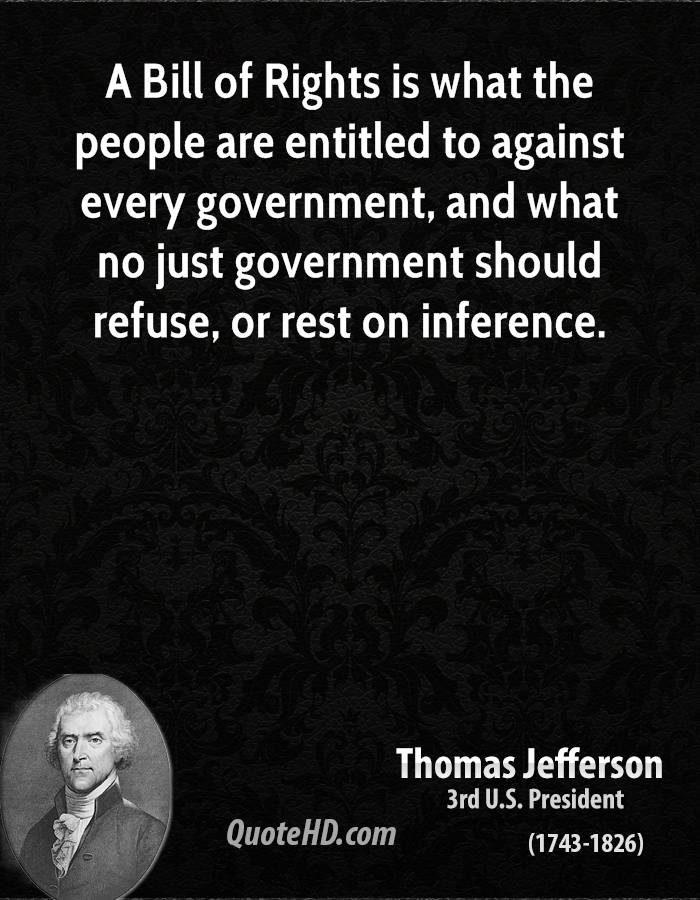Understanding Entitled People: Characteristics, Impact, And How To Handle Them
Entitled people are individuals who believe they deserve special treatment or privileges, often disregarding the needs and feelings of others. This behavior can manifest in various environments, including workplaces, relationships, and social settings. Understanding the characteristics and impact of entitled individuals is crucial for maintaining healthy interactions and fostering positive relationships.
Entitlement is a psychological trait that affects not only the person exhibiting it but also those around them. It can lead to conflict, resentment, and a breakdown in communication. By recognizing the signs of entitlement, we can better manage our interactions with such individuals and create more harmonious environments.
This article delves into the world of entitled people, exploring their characteristics, the psychological roots of entitlement, and strategies for dealing with them effectively. Whether you're a manager, colleague, or simply someone who encounters entitled individuals in your personal life, this guide will equip you with the tools to navigate these challenging dynamics.
Read also:Billy Campbell Net Worth
Table of Contents
- Characteristics of Entitled People
- Psychological Roots of Entitlement
- The Impact of Entitled Behavior
- Entitled People in the Workplace
- Entitled People in Relationships
- How to Handle Entitled People
- Effective Communication Strategies
- Preventing Entitlement
- Research and Studies on Entitlement
- Conclusion
Characteristics of Entitled People
Entitled individuals exhibit specific behaviors that set them apart from others. These characteristics often stem from a deep-seated belief that they are superior or deserve more than others. Below are some common traits:
Self-Centered Behavior
Entitled people tend to prioritize their own needs and desires above those of others. They may show little regard for the feelings or opinions of others, focusing solely on their own satisfaction.
Expectation of Special Treatment
One of the hallmark traits of entitled individuals is their expectation of receiving preferential treatment. Whether in a professional setting or social gatherings, they believe they are entitled to privileges that others do not receive.
Lack of Empathy
Empathy is often lacking in entitled individuals. They struggle to understand or care about the emotions and experiences of others, which can lead to strained relationships and conflicts.
Psychological Roots of Entitlement
The development of entitlement is influenced by a variety of psychological factors. Understanding these roots can provide insight into why some individuals exhibit entitled behaviors.
Childhood Experiences
Many entitled individuals grow up in environments where they receive excessive praise or are shielded from the consequences of their actions. This can lead to an inflated sense of self-importance and unrealistic expectations.
Read also:Anja Ravello The Rising Star Whorsquos Redefining Fashion And Beauty Standards
Social Influences
Social and cultural factors also play a role in shaping entitlement. In societies that emphasize individualism and success, individuals may feel pressured to prioritize their own achievements over communal values.
Mental Health Considerations
Entitlement can sometimes be linked to underlying mental health issues, such as narcissistic personality disorder. While not all entitled individuals have a diagnosable condition, understanding the connection between entitlement and mental health can be beneficial.
The Impact of Entitled Behavior
Entitled behavior can have significant consequences, both for the individual exhibiting it and those around them. Below are some of the impacts:
In the Workplace
In professional settings, entitled employees can create a toxic work environment. Their demands for special treatment and lack of teamwork can lead to decreased morale and productivity among colleagues.
In Personal Relationships
Entitled behavior in relationships often leads to imbalance and dissatisfaction. Partners may feel unappreciated or undervalued, resulting in conflict and emotional distance.
On Society
On a broader scale, entitlement can hinder social cohesion. When individuals prioritize their own needs over the common good, it can lead to a breakdown in community and trust.
Entitled People in the Workplace
Managing entitled employees requires a strategic approach. Here are some tips for handling entitlement in the workplace:
Setting Clear Expectations
Establishing clear guidelines and expectations can help mitigate entitled behavior. Ensure that all employees understand their roles and responsibilities, and hold them accountable for their actions.
Providing Constructive Feedback
Offering feedback in a constructive manner can help entitled employees recognize their behavior and make necessary adjustments. Focus on specific instances rather than generalizations to avoid defensiveness.
Encouraging Teamwork
Promoting a culture of collaboration can reduce the impact of entitled individuals. Encourage team-building activities and emphasize the importance of working together towards common goals.
Entitled People in Relationships
Dealing with entitled partners requires patience and effective communication. Below are some strategies for managing relationships with entitled individuals:
Establishing Boundaries
Setting boundaries is crucial in any relationship, especially when dealing with entitled partners. Clearly communicate your needs and limits to ensure mutual respect.
Practicing Assertiveness
Being assertive can help you address entitled behavior without escalating conflict. Use "I" statements to express your feelings and concerns, and avoid accusatory language.
Seeking Professional Help
In some cases, seeking the assistance of a therapist or counselor can be beneficial. They can provide guidance on managing entitled behavior and improving communication in the relationship.
How to Handle Entitled People
Handling entitled individuals effectively requires a combination of empathy, assertiveness, and strategic thinking. Below are some practical tips:
- Stay calm and composed during interactions.
- Focus on solutions rather than placing blame.
- Use active listening to understand their perspective.
- Set clear boundaries and expectations.
- Encourage positive behavior through positive reinforcement.
Effective Communication Strategies
Communication is key when dealing with entitled people. Here are some strategies to enhance your communication skills:
Active Listening
Engage in active listening by giving your full attention to the other person. This demonstrates respect and helps build trust, even with entitled individuals.
Nonverbal Communication
Be mindful of your body language and tone of voice. Nonverbal cues can convey empathy and understanding, which can help de-escalate tense situations.
Conflict Resolution
Develop skills in conflict resolution to address disagreements constructively. Focus on finding common ground and working towards mutually beneficial solutions.
Preventing Entitlement
Preventing entitlement requires a proactive approach. Here are some strategies for fostering humility and gratitude:
Encouraging Gratitude
Promote a culture of gratitude by acknowledging the contributions of others. Encourage individuals to express appreciation for the support and help they receive.
Teaching Empathy
Empathy can be cultivated through education and practice. Encourage individuals to put themselves in others' shoes and consider different perspectives.
Modeling Humble Behavior
Lead by example by demonstrating humility and respect in your own actions. This can inspire others to adopt similar values and behaviors.
Research and Studies on Entitlement
Research on entitlement provides valuable insights into its causes and effects. Below are some notable studies:
Study on Narcissism and Entitlement
A study published in the Journal of Personality and Social Psychology found a strong correlation between narcissism and entitlement. The research highlighted how narcissistic traits contribute to entitled behavior.
Impact on Workplace Dynamics
Another study conducted by the Harvard Business Review explored the impact of entitled employees on workplace dynamics. The findings emphasized the importance of addressing entitlement to maintain a healthy work environment.
Long-Term Effects on Relationships
Research on the long-term effects of entitlement in relationships revealed that it often leads to dissatisfaction and conflict. The study suggested that addressing entitlement early can improve relationship outcomes.
Conclusion
Understanding entitled people and their behavior is essential for fostering healthy interactions and relationships. By recognizing the characteristics of entitlement, its psychological roots, and its impact, we can better manage our interactions with such individuals. Whether in the workplace or personal life, effective communication and proactive strategies can help mitigate the effects of entitlement.
We encourage you to share your thoughts and experiences in the comments below. Additionally, explore other articles on our site for more insights into psychology, relationships, and workplace dynamics. Together, we can create environments that promote respect, empathy, and collaboration.


